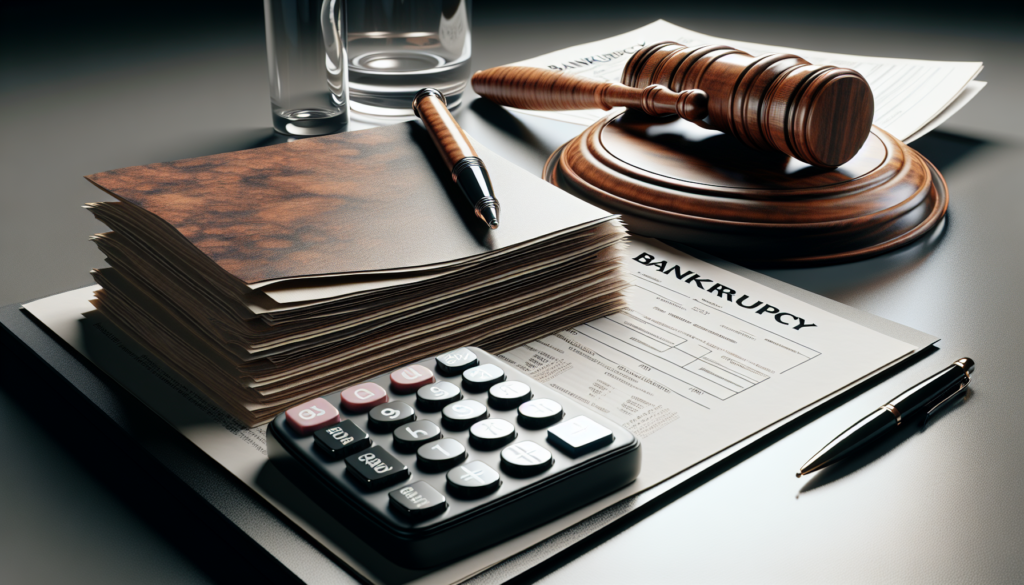
Whether your employer will find out about your bankruptcy filing depends on several factors, including the type of bankruptcy you file and your employment situation. Here’s a breakdown of scenarios in which your employer might learn about your bankruptcy:
Direct Notification is Unlikely
In most cases, your employer will not be directly notified by the bankruptcy court or your attorney about your bankruptcy filing. Bankruptcy petitions are public records, but someone would typically need to actively search court records to find information about your filing.
Chapter 13 Repayment Plan and Wage Garnishment
If you file for Chapter 13 bankruptcy and propose a repayment plan that involves wage garnishment (also known as a payroll deduction order), your employer will be notified because they are responsible for deducting the bankruptcy plan payments from your wages and sending them to the Chapter 13 trustee. However, this is more about facilitating your repayment plan than disclosing your bankruptcy status for any other reason.
Existing Wage Garnishments
If you’re filing for bankruptcy (either Chapter 7 or Chapter 13) to stop a wage garnishment from creditors (other than for domestic support obligations like child support or alimony), your employer will find out because the bankruptcy filing will stop the garnishment. Your employer will receive a notice to stop the garnishment due to the automatic stay that goes into effect when you file for bankruptcy.
Security Clearances and Financial Reviews
In certain jobs, especially those involving security clearances or financial responsibility (such as positions in banking, finance, or government), you may be required to disclose any bankruptcy filings. While the bankruptcy itself may not automatically impact your employment or security clearance, the underlying financial issues leading to the bankruptcy might be of concern. It’s important to be honest in these situations, as the failure to disclose required information can be more damaging than the bankruptcy itself.
Employer Bankruptcy Checks
Some employers conduct regular or periodic background checks that include a review of financial records, especially for positions that require handling money or sensitive information. While this is more common during the hiring process, it’s possible for an employer to discover a bankruptcy filing through such checks if they are conducted during your employment.
Legal Protections
It’s important to note that federal law (11 U.S.C. § 525(b)) prohibits employers from discriminating against you because you’ve filed for bankruptcy. Employers cannot fire you, reduce your salary, demote you, or take other negative employment actions solely because you’ve declared bankruptcy.
While it’s possible for your employer to find out about your bankruptcy filing under certain circumstances, direct notification from the bankruptcy court or your attorney is unlikely. The impact of a bankruptcy filing on your employment can vary, but legal protections are in place to prevent discrimination based solely on your bankruptcy status. If you have concerns about your specific situation, consulting with a bankruptcy attorney can provide guidance tailored to your circumstances.

Get a Free Bankruptcy Case Evaluation